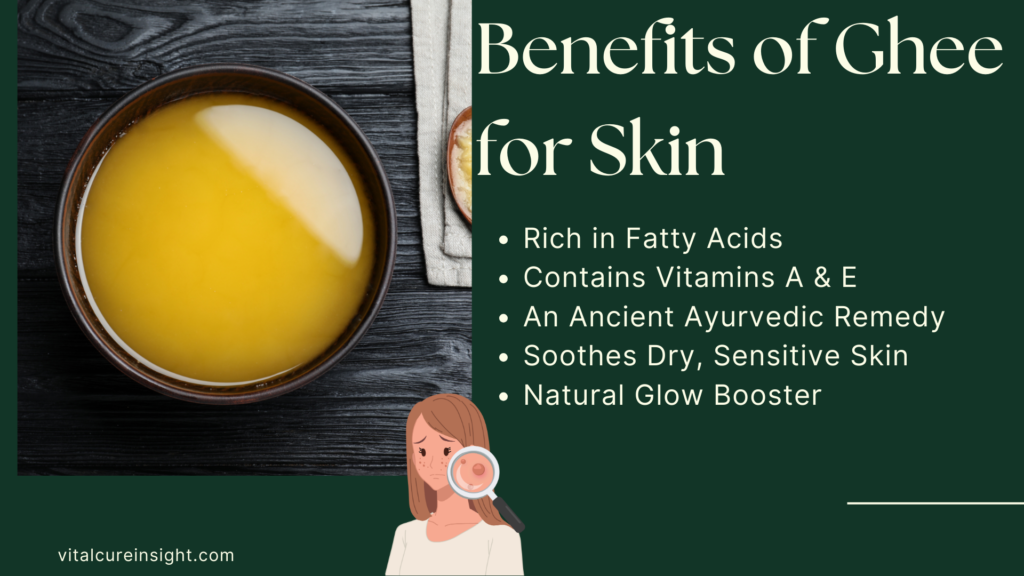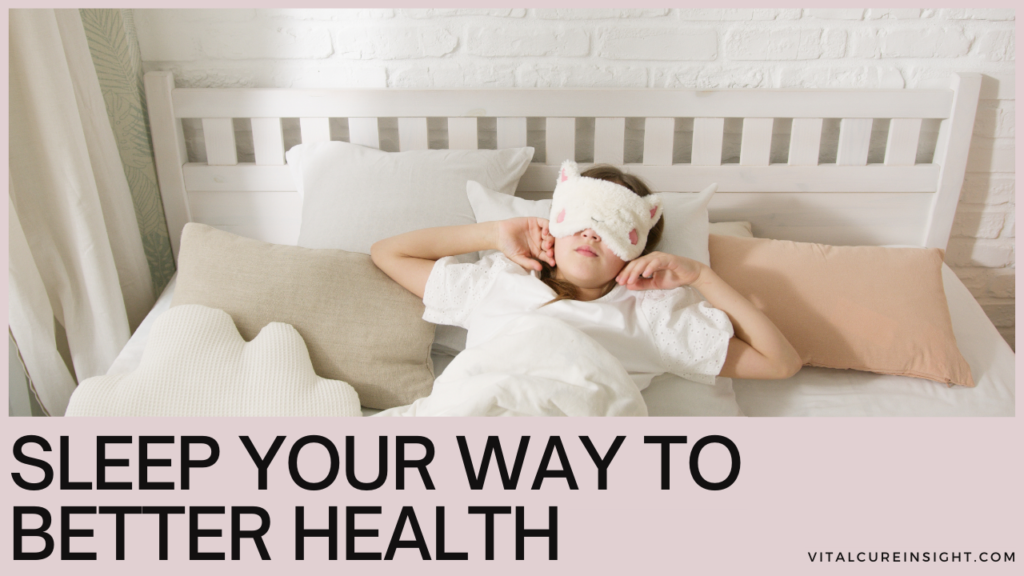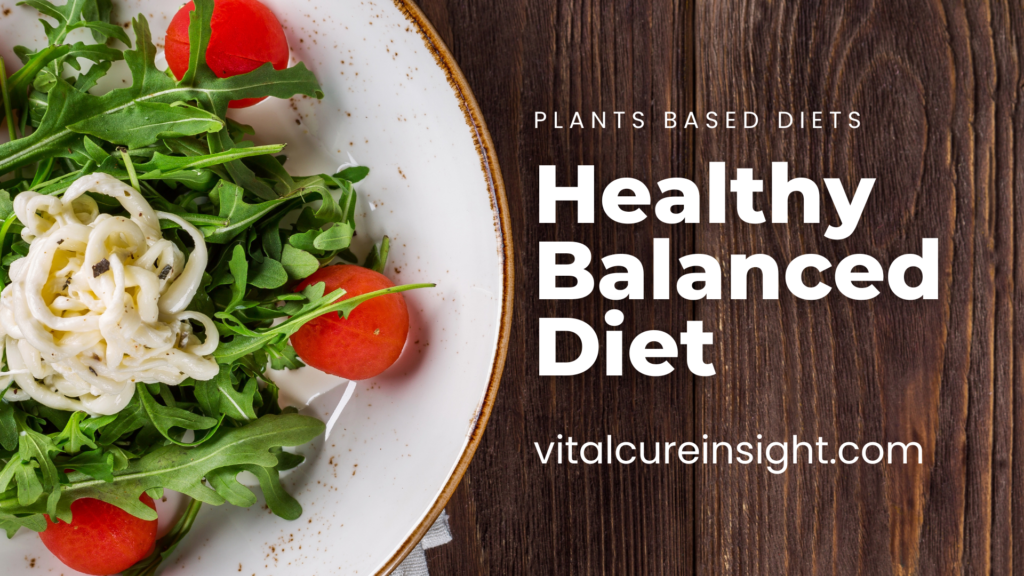Introduction
Ghee has been used for centuries in traditional skincare. Many believe it can deeply nourish the skin, while others worry it might trigger breakouts. So, the big question is: Does ghee help or harm acne-prone skin? Let’s explore both sides.
Benefits of Ghee for Skin

Ghee is packed with nutrients that offer various skin benefits. Here’s why some people swear by it:
- Rich in Fatty Acids – Ghee deeply hydrates and helps repair the skin barrier. Furthermore, it strengthens the skin’s natural defense.
- Contains Vitamins A & E – These vitamins not only promote healing but also reduce inflammation effectively.
- An Ancient Ayurvedic Remedy – Ghee has been used in traditional skincare for centuries, and as a result, many still trust it today.
- Soothes Dry, Sensitive Skin – It helps with conditions like eczema and flaky skin, making it an excellent natural moisturizer.
- Natural Glow Booster – Regular application can enhance skin radiance, ultimately leading to a healthier appearance.
Clearly, ghee has impressive skin benefits. However, does it work well for acne-prone skin? Let’s find out.
Can Ghee Cause Acne? (The Other Side)
Despite its benefits, ghee might not be suitable for everyone. Here’s why:
- Comedogenic Risk – Ghee is thick and, consequently, can clog pores, leading to breakouts.
- May Trigger Pimples – Some users report an increase in acne after applying it, which can be frustrating.
- Not Ideal for Oily Skin – If your skin is already oily, ghee can make it greasier, thereby increasing the likelihood of breakouts.
- Difficult to Remove – Ghee’s heavy texture can leave residue, trapping dirt and bacteria, which further contributes to skin issues.
So, should acne-prone individuals completely avoid ghee? Not necessarily! Instead, there are ways to use it more safely.
How to Use Ghee Safely for Skincare
If you still want to try ghee, follow these precautions:
- Best for Dry or Sensitive Skin – Those with dry skin can benefit the most, while others should proceed with caution.
- Mix with Lighter Oils – Blend it with jojoba or rosehip oil to make it less greasy, thereby reducing the risk of clogged pores.
- Use as an Overnight Mask – Apply only on dry patches, not all over the face, to avoid excessive oil buildup.
- Always Do a Patch Test – Test on a small area before applying to the whole face, ensuring it doesn’t cause irritation.
- Apply in Minimal Amounts – Using too much can increase the risk of clogged pores; thus, moderation is key.
By using ghee carefully, you can enjoy its benefits while avoiding potential acne issues.
Ghee Alternatives for Acne-Prone Skin
If you have oily or acne-prone skin, consider these better alternatives:
- Jojoba Oil – Mimics is a natural skin oil that won’t clog pores, making it a safer option.
- Aloe Vera Gel – Provides hydration without causing breakouts, which is ideal for acne-prone skin.
- Tea Tree Oil – Fights acne-causing bacteria and helps reduce inflammation.
- Rosehip Oil – Lightweight and rich in antioxidants, ensuring skin remains nourished without excessive oiliness.
- Squalane Oil – Absorbs quickly and balances oily skin, thereby preventing breakouts.
These options offer hydration without increasing acne risk, making them excellent alternatives to ghee.
Conclusion
So, is ghee a skincare miracle or an acne nightmare? The answer depends on your skin type. If you have dry or sensitive skin, ghee can be beneficial. However, if your skin is oily and acne-prone, it may not be the best choice.
Final Verdict:
- Ghee is great for dry skin but risky for acne-prone skin.
- It’s best to use in moderation and only on dry areas to prevent potential skin issues.
- If you have oily skin, consider lighter, non-comedogenic alternatives to avoid breakouts.
In the end, skincare is all about finding what works for you. Whether you choose ghee or an alternative, always listen to your skin and adjust accordingly!
For more details, visit: Vital Cure Insight


